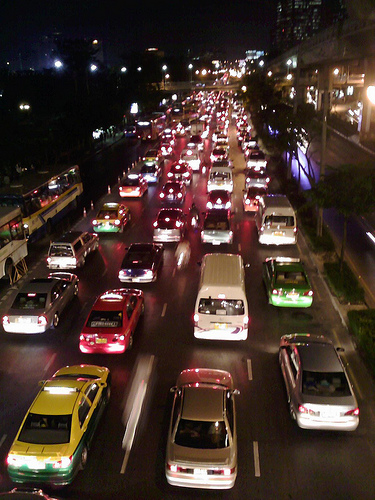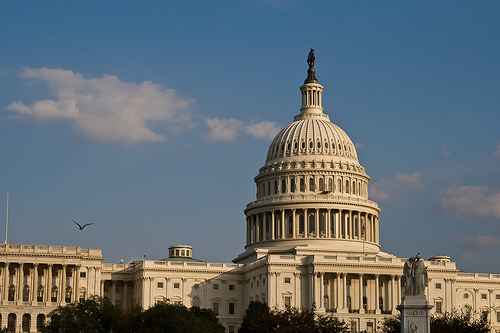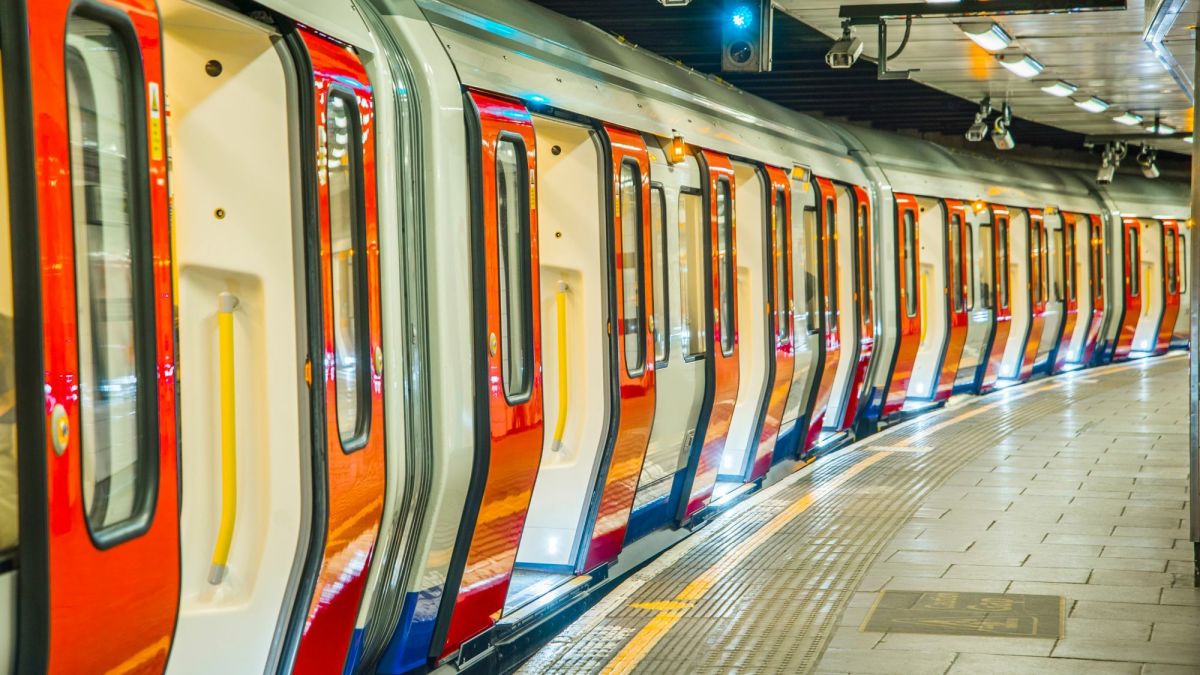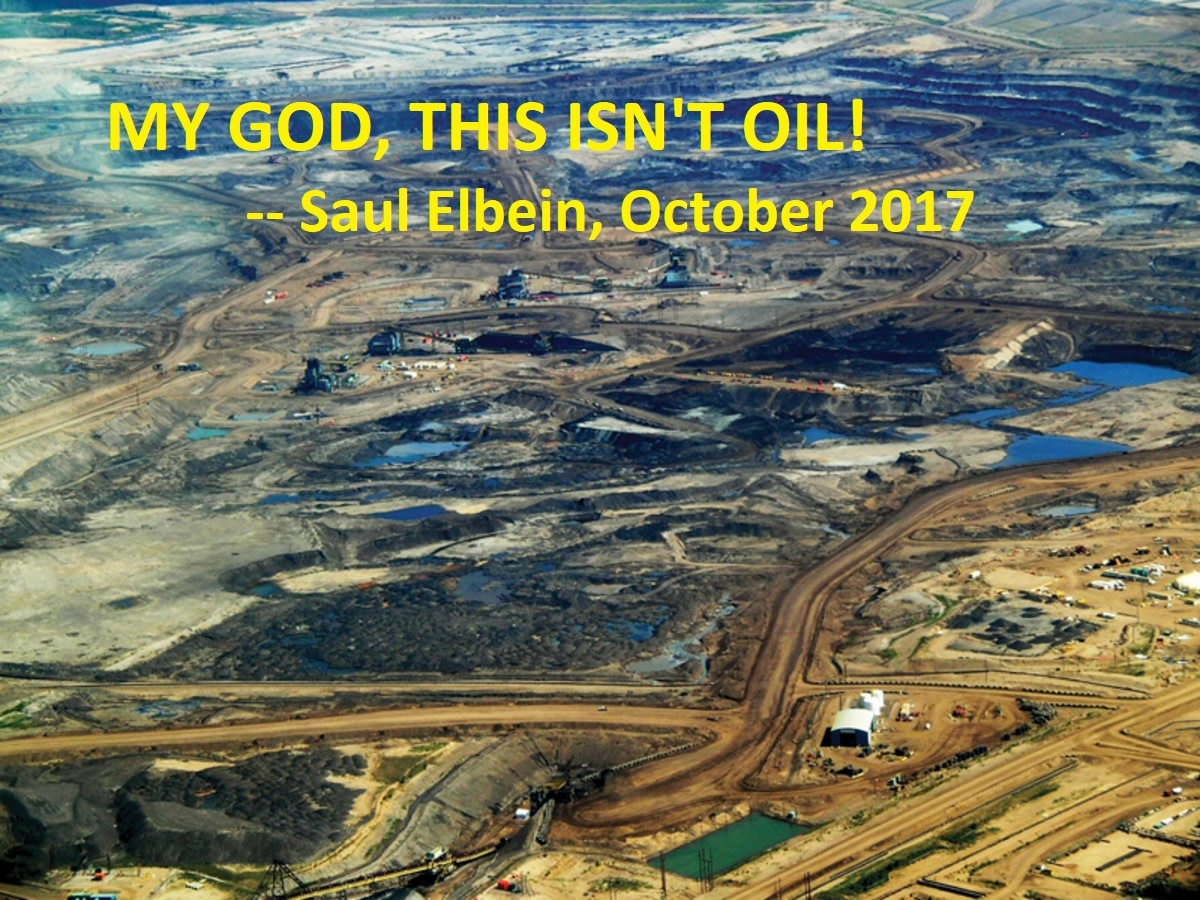U.S. Dependence on Foreign Oil
Traffic Jams and Wasted Fuel

Oil Dependency in America
America’s oil dependency is largely due to our own government’s lack of consideration for the obvious and its declaration of responsibility upon both the oil consumer and the automobile producer. The government, seemingly, bears no responsibility for our addiction to foreign oil. An ever-increasing level of government regulation has forced both automobile manufacturers and oil companies to engineer their products for efficiency and reduced emissions, but what has the government done to maximize our roads for these same efficiencies? Little.
Poor Roads Cost Money
I recently took a trip to Phoenix. The highway to Phoenix was largely a single-lane death trap that consistently put me behind diesels that couldn't make it up hills. Needless to say, my mileage wasn't the greatest, because I found myself accelerating to pass cars and diesels up steep hills. Upon reaching my destination, I found myself behind a bus. The public transportation alternative, known as the Valley MetroPhoenix Public Transportation, seems like a great transportation alternative, until you’re stuck behind one of the busses. For me, it meant I had to stop every few blocks and breathe the black fumes from the bus. At one point, I tried counting the number of vehicles that were stopped so that two passengers could board the bus. I lost count at twenty-seven. The stop-and-go traffic created by the bus destroyed my fuel economy. Doesn't it seem ironic that public transportation resulted in a loss of fuel economy? After pulling into rushing traffic, in an effort to pass the bus, I was stopped at numerous stoplights. One of the stoplights had minimal traffic. The red light resulted in an agonizingly long, needless wait and a traffic jam of over a hundred cars. I decided to write this article because of these miserable, gas-wasting experiences.
How to End Oil Addiction
Automobile manufacturers have decreased pollution while increasing both efficiency and safety. Government-set standards for fuel efficiency and emissions began in the Nixon administration. While technological advances have certainly resulted in advances within safety, fuel efficiency, and reduced emissions, consumers have paid the price for these technological advances. Now it’s time for the government to realize that it has the missing piece of the puzzle, a solution to America’s oil dependency. Our roads, bridges, traffic signals, and public transportation hold the key to a possible solution.
Poor Roads Cost Money: U.S. Dependence on Foreign Oil
Bad and poorly designed roads are costing consumers a lot of money each year. How much time do you spend in traffic? How many potholes have jarred your car? How much time have you spent behind a vehicle intended to provide public transportation? America’s roads, bridges, and traffic systems have often been poorly planned and neglected. The result is costly, both for the consumer and the government. According to a 2010 study, awful road conditions cost American motorists at least $67 billion per year. That’s an average of $335 per motorist, nationally. The problem with this study is that it focussed only on damage incurred to vehicles as a direct result of awful roads. How much do poorly planned, outdated roads cost us in gas and time? Have you ever had to wait in traffic? Was the traffic a result of population or poor planning? Currently, there are more than 350,000 traffic signals in America. It’s estimated that over 75% of these signals could be improved by updating basic equipment or by simply adjusting and updating the signal-timing plans. Further, estimates suggest that poor signal timing accounts for 5-10% of all traffic delays on highways. This equates to almost 300 million vehicle-hours of delay on major roads. That’s a lot of gas and a lot of pollution. Optimization of traffic signals can produce massive traffic benefits and typically cost only $500 to $3,000 per intersection. With an estimated reduction in fuel consumption of up to 10% nationwide, traffic signal optimization could amount to a savings of almost 17 billion gallons of gas per year.
Poor Roads and Efficient Cars

Corporate Average Fuel Economy Standards
Politicians constantly talk about energy independence and pollution caused by cars. The typical answer is to demand tougher emissions at the local level. At the federal level, congress enacts complex regulations intended to negate the demand for fuel and the pollution caused by their use, known as the Corporate Average Fuel Economy or CAFE. The CAFE is largely intended to improve the average fuel economy of cars and light trucks that are sold in America. If the average fuel economy of any manufacturer's fleet of car and light truck production falls below the CAFE-defined standard, the automobile manufacturer must pay a penalty, currently $5.50 per 0.1 mpg under the government standard, multiplied by the automobile manufacturer's total production for the American domestic market. As you can see, automobile manufactureres face stiff penalites if they do not reach goverenment-mandated standards.
The National Highway Traffic Safety Administration regulates these CAFE standards, and the US Environmental Protection Agency then measures the vehicle fuel efficiency. Congress specifies that CAFE standards must be the"maximum feasible level" when the following guidelines are taken into consideration:
- technological feasibility
- economic practicality
- effect of other standards on fuel economy
- need of the nation to conserve energy
Historically, both the EPA and congress have encouraged consumers to buy fuel-efficient vehicles. Ironically, the NHTSA has expressed concerns that smaller, often more fuel efficient vehicles may lead to increased traffic injuries and fatalities. With intense regulation and expenditures, automobile manufactures have largely overcome the safety issues associated with size and fuel efficiency. This didn’t occur overnight, and many question the cost, both in lives and money.
Congress is the Problem

How to End Oil Dependency in America
With all of these intense regulations directed at automobile manufacturers, you might expect some significant attempt directed at improving, expanding, and making our roads more efficient. Guess again. Congress largely directs the onus of responsibility on automobile manufacturers. States put the responsibility of decreased emissions on the consumer, in the form of taxes and smog tests. No government entity seems serious about addressing a critical aspect of gaining energy independence, our roads. Instead, discussion revolves around CAFE requirements, domestic drilling, and technological advancements that might one day negate our need for oil. While there are compelling arguments for each of these important topics, why is nobody looking at the obvious solution? Fix our roads, and you will largely eliminate or at least minimize our demand and dependence on foreign oil. Fix our roads, and you will minimize the pollution caused by automobiles.








